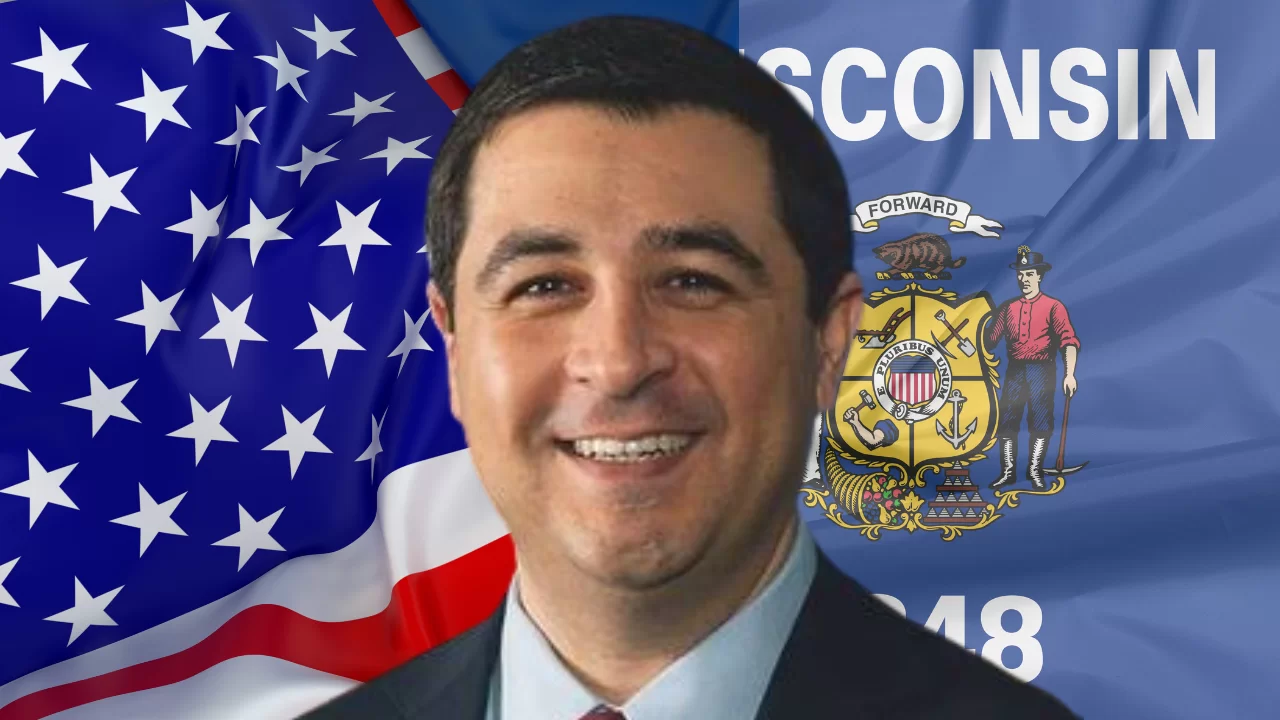Attorney General Josh Kaul | Attorney General Josh Kaul Office
Attorney General Josh Kaul | Attorney General Josh Kaul Office
Attorney General Josh Kaul, alongside 23 attorneys general and four cities, has taken a stand in defense of the U.S. Environmental Protection Agency (EPA)’s final rule for light- and medium-duty vehicles emissions standards for model years 2027-2032. The coalition filed a motion to intervene in the United States Court of Appeals for the D.C. Circuit to support the EPA's efforts to set stricter tailpipe emissions standards for harmful air pollutants.
"In setting high but achievable vehicle emissions standards, the EPA’s final rule is a step forward in addressing climate change," Attorney General Kaul stated. "If this challenge is successful, however, those standards will almost certainly be weakened, to the detriment of public health and the fight against climate change."
The Final Rule aims to reduce emissions from light- and medium-duty vehicles, which are significant contributors to greenhouse gases, nitrogen oxides, and particulate matter. These pollutants have been linked to various health issues, including premature death, respiratory illness, cardiovascular problems, and cancer.
The Clean Air Act mandates the EPA to establish emission standards for new motor vehicles that impact public health and welfare. The Final Rule is projected to lead to a 50% reduction in light-duty vehicle greenhouse gas emissions and a 44% reduction in medium-duty vehicle emissions compared to 2026 levels. Additionally, it will promote the transition to electric vehicles and significantly reduce nitrogen oxides, non-methane organic gases, and particulate matter emissions.
Attorney General Kaul joined forces with attorneys general from various states and cities, including California, New York, and Washington, in the effort to uphold the EPA's emission standards. The coalition's motion to intervene underscores the importance of sustainable practices in the transportation sector and the crucial role of government regulations in combating climate change and protecting public health.






 Alerts Sign-up
Alerts Sign-up